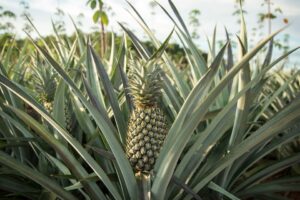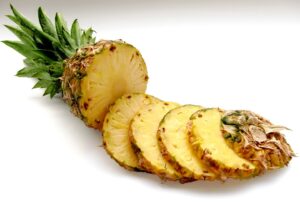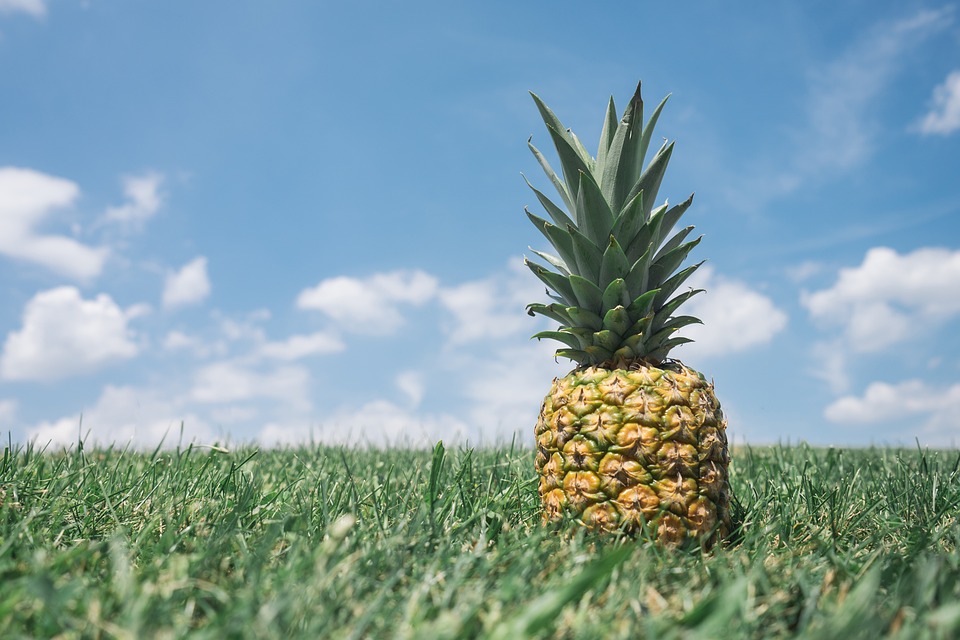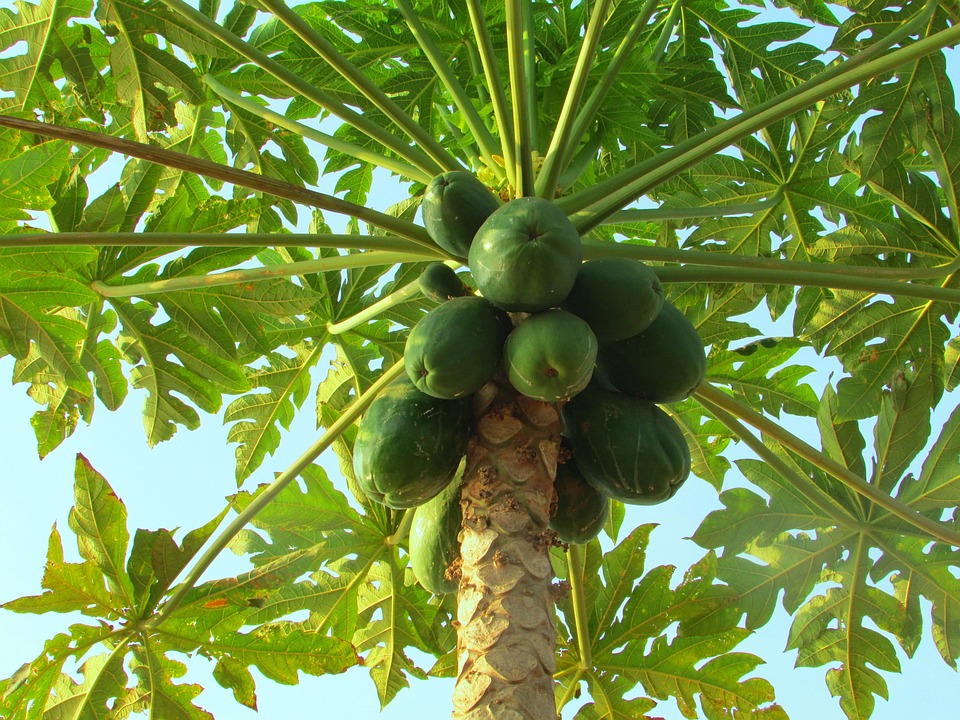Is Pineapple a Berry or Citrus Fruit? Read on to find the answer, along with the nutritional value and culinary uses of this tropical fruit.
Pineapple is a tropical fruit that is beloved for its sweet and tangy flavor, as well as its versatility in cooking and baking. However, when it comes to its classification, many people are left wondering: Is pineapple a berry or a citrus fruit? Get all of your questions answered and any confusion cleared up with this comprehensive article!
Find Is It Possible to Grow Durian in California?
Is Pineapple a Berry or Citrus Fruit?

Is Pineapple a Citrus Fruit?
Pineapple (Ananas comosus) comes from the Bromeliaceae family, whereas citrus fruits belong to the genus of the Rue family, Rutaceae. Thus, botanically, pineapple is very different from citrus fruit.
Contrary to citrus fruits like orange, lemon, and grapefruit, pineapple does not grow from seeds. Even though pineapple contains vitamin C and ascorbic acid, it does not contain citric acid. Therefore, it cannot be classified as a citrus fruit.
Is Pineapple a Berry?

Is Pineapple a Berry or Citrus Fruit? And, the answer is- pineapple is a berry.
The definition of a berry is a fruit that develops from the ovary of a single flower and contains both seed and pulp. Despite its name, a pineapple is not related to pine trees or apples. Rather, it forms from multiple fruit-producing flowers fusing together to create a single fruit that grows around a central stalk. This unique growth pattern classifies the pineapple as a collection of berries that have merged into one fruit.
Find Is It Safe to Eat Cashew Fruit?
Nutritional Values of Pineapple

Pineapple is a delicious tropical fruit that is not only flavorful but also packed with nutrients. Here are some of the key nutritional values of pineapple:
Vitamin C: Pineapple is an excellent source of vitamin C, with one cup of fresh pineapple chunks providing more than 100% of the recommended daily intake. Vitamin C is essential for immune function, skin health, and wound healing.
Manganese: Pineapple is a good source of the mineral manganese, which is important for bone health, metabolism, and antioxidant function.
Fiber: Pineapple is rich in dietary fiber, with one cup of fresh pineapple chunks containing around 2.3 grams of fiber. Fiber is important for digestive health and can help regulate blood sugar levels.
Bromelain: Pineapple contains a unique enzyme called bromelain, which has anti-inflammatory properties and may help with digestion.
Other vitamins and minerals: Pineapple also contains smaller amounts of other vitamins and minerals, including vitamin B6, thiamin, folate, potassium, and magnesium.
Culinary Uses of Pineapple

- Pineapple is a versatile fruit that can be used in a variety of desserts, including cakes, sorbets, ice cream, cookies, and pies.
- Its juice is also an excellent ingredient for marinating meats, imparting a delightful sweet and sour flavor.
- Pineapple can be used to make delicious cocktails, martinis, and even wines.
- For a quick and tasty snack, small pieces of pineapple can be grilled to perfection.
- Pineapple is also a key ingredient in the popular Mexican dish Pineapple Pico de Gallo Salsa.
- Pineapple Bun Burgers provides another great way to enjoy this fruit.
- It can also be added to Baja Chicken Bowls or used in Pulled Pork Tacos with Pineapple Slaw for a mouthwatering and flavorful twist.



